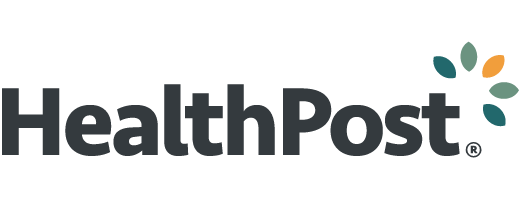Cardiovascular disease is one of the leading causes of death in the Western world, with millions dying every year from heart failure and related cardiovascular conditions. Health authorities the world over are cautioning against the sedentary lifestyle and poor diets that are inextricably linked to this epidemic, but what else can we do to keep our tickers ticking on?
1. Eat a nourishing, heart-friendly diet
Experts have debated for years the best foods to eat to maintain cardiovascular health, and since the 1980s the mantra has been to reduce fat and salt intake and increase grains and carbohydrates. However, increasingly research has now shown the opposite may be true, with an emphasis on increasing the levels of good fats such as coconut oil, olive oil and omega 3-rich fish oils whilst reducing the omega-6-heavy plant oils and trans-fats known to increase vascular inflammation. The jury is still out on the role of animal products in supporting cardiovascular health, with two distinct schools of thought on whether or not saturated fats such as butter and lard and red meat are to be included or avoided.
With this in mind, the best guideline is, as ever, to have a strong emphasis on whole food nutrition and include plenty of fruits and vegetables, nuts, seeds, eggs and some meat, ensure you avoid any refined or processed foods such as margarine, sugary snacks, white bread and soda, and eat things as close to their natural form as you possibly can. Oily fish in particular is known to support healthy blood pressure, cholesterol levels and overall heart health.
2. Look after your oral hygiene
It’s a little-known fact that oral health can directly influence heart health. Unresolved focal infections around damaged teeth and root canals can result in dangerous bacteria gaining access to the heart via the bloodstream, entering through broken capillaries in the gums and leading to poor heart health.
Supporting the immune system, eating a tooth-friendly diet, and ensuring you maintain proper hygiene, brush regularly, and use a good natural mouthwash may help prevent tooth decay, as well as lower the risk of oral health related heart disease.
We suggest trying the new eco-friendly Humble Brush toothbrush, made from 100% biodegradable, sustainably grown bamboo, to support your oral health.
3. Stay active
Keeping active is one of the best ways to support your heart to function properly. In a world where so many of us lead relatively sedentary lives, it is vital to make the effort to get out and about when we can. Whether it be a team sport, walking the dog, having a stroll along the beach or simply chasing your kids around, getting our heart pumping and blood flowing several times a week is critical to maintaining cardiovascular health – particularly for those of us who work in office or desk jobs during the week.
4. Eat enough protein
As the heart is a muscle, it is important to ensure we eat enough protein to maintain its health. Many people eat diets rich in carbohydrate but low in good quality protein.
Eating foods such as meat, eggs, and nuts and seeds will help support protein levels, but for those who still struggle to consume enough, products such as bone broth and protein powders can be an easy way to bump up your levels without too much extra effort.
Why not try out the new range of organic protein powders and nourishing bone broths by Nutra Organics.
5. Balance electrolytes
Electrolytes are minerals that become ions when made into a solution in water, and can thus conduct electricity in solution, which they’ll do in your body. The key electrolytes in the human body are magnesium, sodium, potassium and bicarbonate, and these are required in adequate amounts and the correct ratio to maintain proper cellular function and ensure the heart functions normally.
Many processes in the body rely on electrical signalling to work properly, which is where our electrolytes come in. This includes all muscles in the body, including the heart, and when the ratio is impaired heart function can become irregular.
Ensuring we consume enough minerals is vital to a properly working heart. This should ideally be through our diet, by way of whole foods, but some people may prefer taking mineral supplements where a wholefood diet is difficult to maintain.




